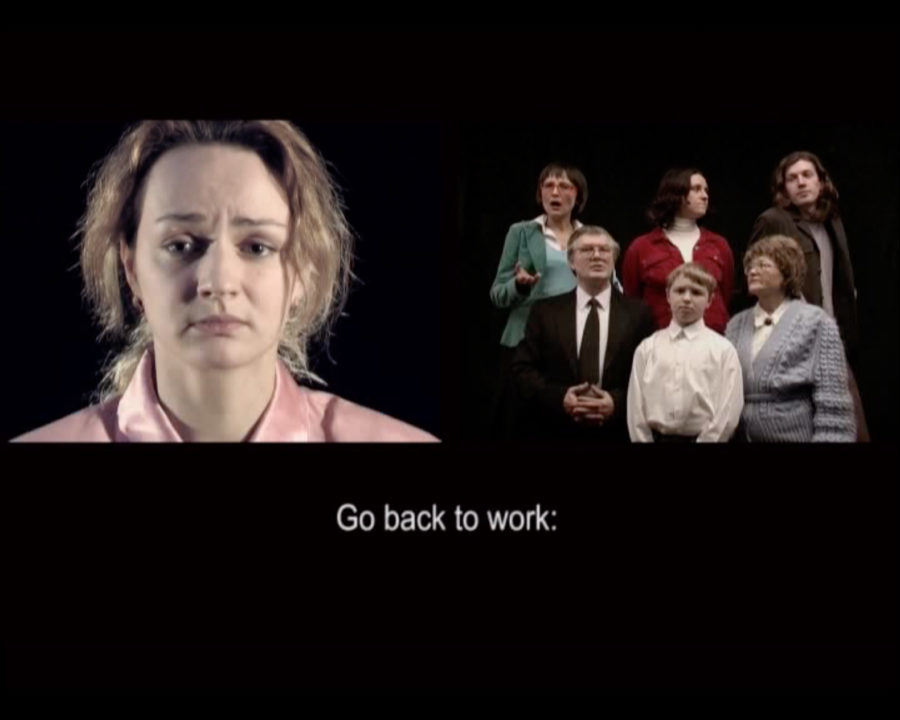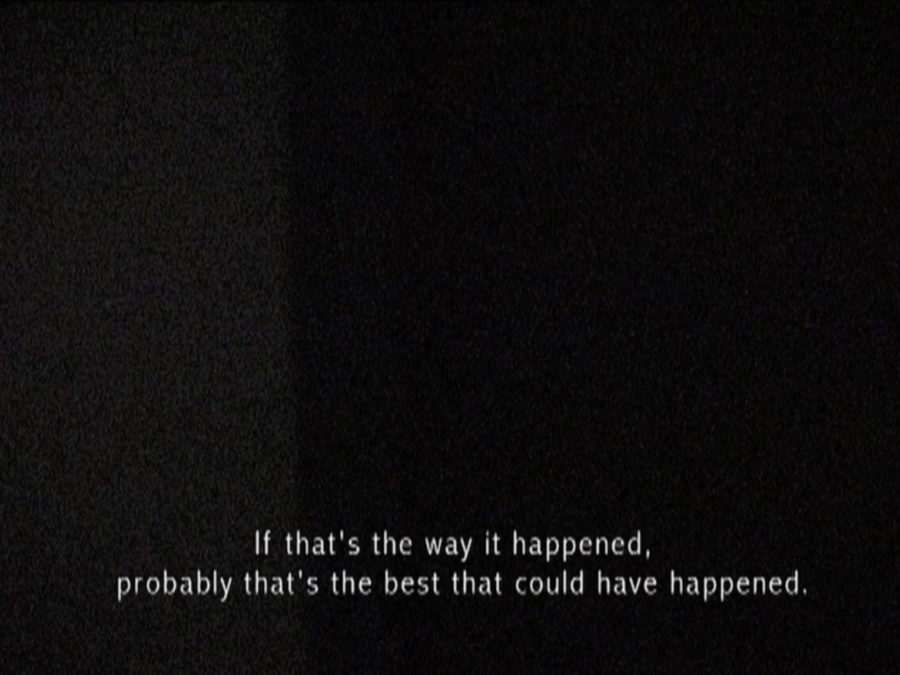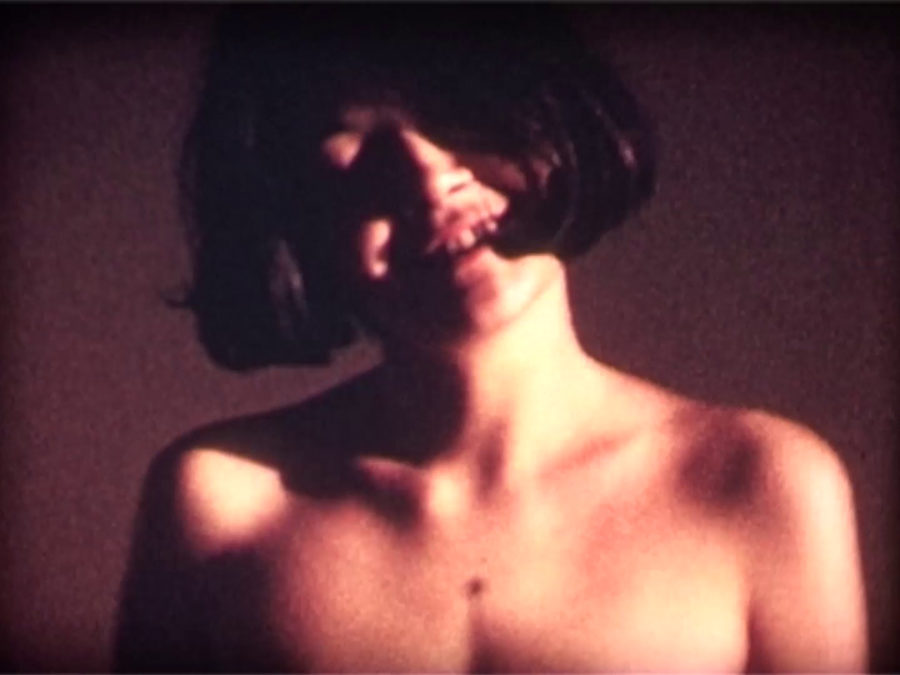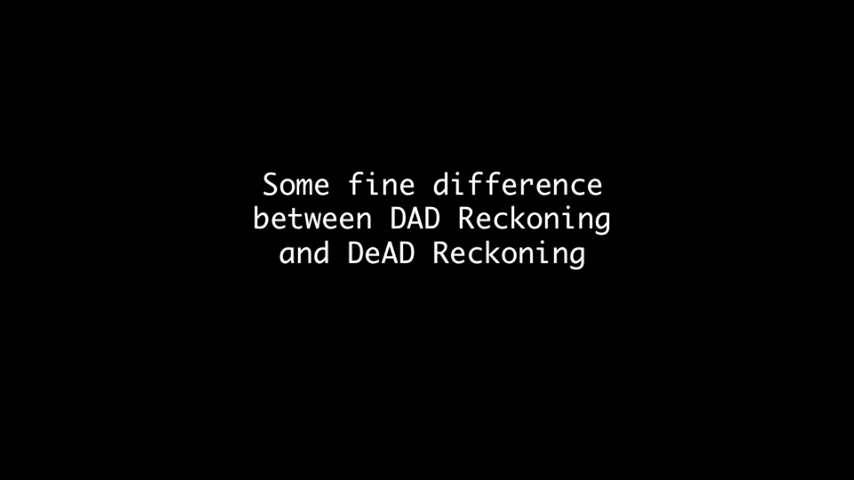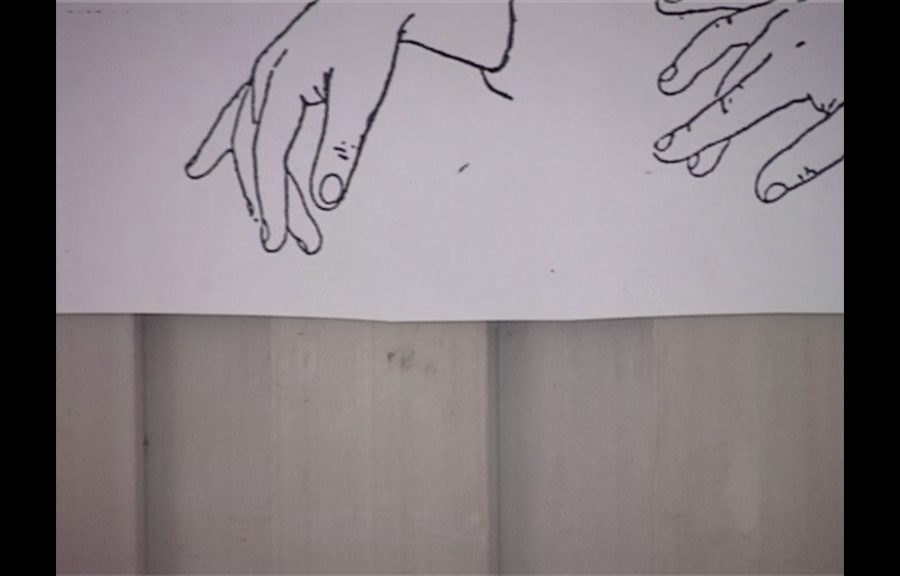Given voice, space and time, motherhood can, and should, be one of the central means through which a historical moment reckons with itself. *
In the current climate of what feminist sociologist Angela McRobbie has described as a “neo-liberal intensification of mothering,”** perfect middle-class mothers with perfect husbands and perfect marriages and perfect careers burst with self-satisfaction, intimidating and excluding everybody who cannot or does not wish to conform to this image. Three Mothers and a Chorus tells another story. It cuts through all that is wrong with a post-Soviet Russia that is struggling with the results of a massive redistribution of property and the privatization that followed the dissolution of the USSR in 1991. Under the guidance of the of IMF and US advisors, this process effected a massive transfer of state assets into private hands: “the largest privatization of state-owned enterprises ever known.”*** Strange to think of this ‘democratization’ process as having such fatal effects, isn’t it? And what are mothers to do?
The chorus retorts:
We’ve come here to present you
with three mothers,
three martyrs.
With what can we compare
the suffering of a mother’s heart,
torn between her child and her job?
Perhaps only with the suffering of
an icebound brook,
a lamb that’s lost its way,
a caged songbird.
How is she to restrain herself
when she so wants
to smother her child in love?
And how can the suffering mother
not sing her lamentation
when her heart is rent with fear for her child?
Or, what’s worse still, with fear of her child?
Should we pity them, though?
No, we say, no, no, no!
They got want they wanted: a child.
And they answer to society
and their own conscience
for the child and its upbringing.****
Three Mothers and a Chorus also re-invents the format of the Songspiel developed in the late 1920s by Berthold Brecht alongside Kurt Weill as a form of social critique. It juxtaposes the musical dramaturgy of the opera with the aggressive style of the popular ballad. The aim is to form a concrete articulation of the everyday, fomenting intellectual and cultural action and transformation. The format of the Songspiel would later enter the repertoire of Chto Delat’, a collective of artists to which two members of the Factory of Found Clothes, Gluklya & Tsaplya, also belong.
Hierarchy should be maintained in everything.
The adult is the superior;
the child, the inferior.
This isn’t true!
All people are equal!
Big and little!
Rich and poor!
We have to drive
Slavery and submission from our lives!*****
* Jacqueline Rose, Mothers. An Essay on Love and Cruelty, (New York: Farrar, Straus, and Giroux, 2018), p. 25 (eBook)
**Angela McRobbie, Notes on the Perfect: Competitive Femininity in Neoliberal Times, Australian Feminist Studies, 2015.
*** Michael Haynes and Rumy Husan, A Century of State Murder? Death and Policy in Twentieth-Century Russia, Pluto Press, London, 2003, p. 126
**** Factory of Found Clothes, Three Mothers and Chorus, [excerpt from the script], 2007.
***** Ibid.
St. Petersburg based artist duo Factory of Found Clothes (Natalya Pershina and Olga Egorova) was founded in 1996. In their performances and video works, the artists address subjectivity, politics, and self-expression in contemporary Russian society. They comment on the relationship between men and women and between different generations as well as various power structures and social networks. Their artistic activities are based on a manifesto where they strive to change society and promise to work for the oppressed.
